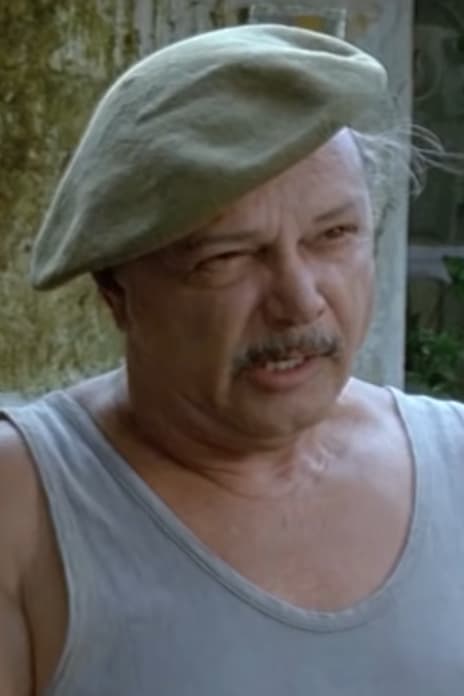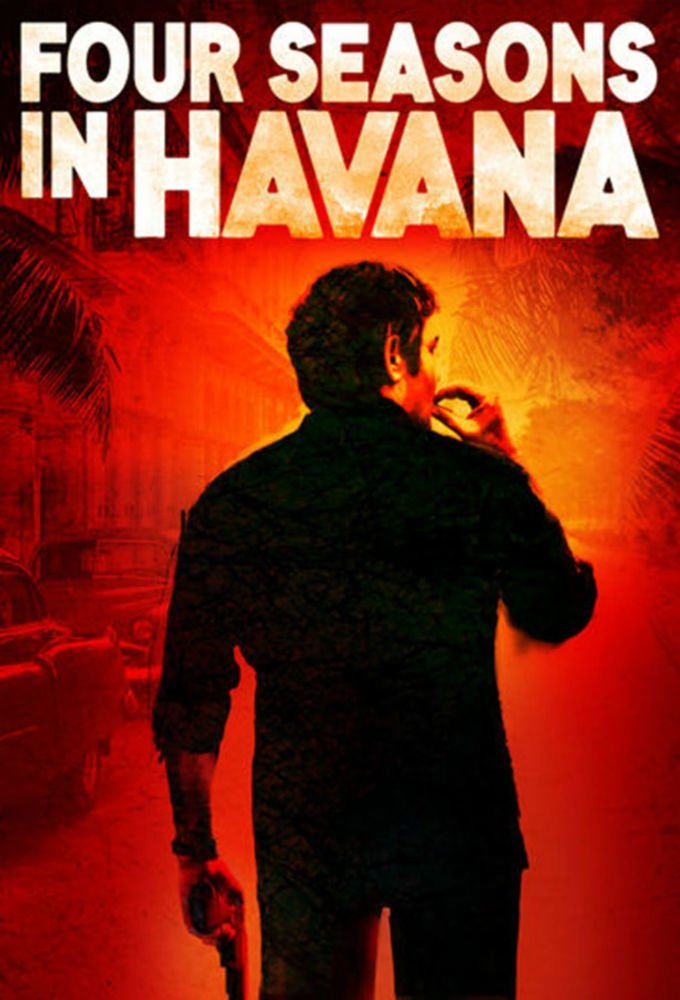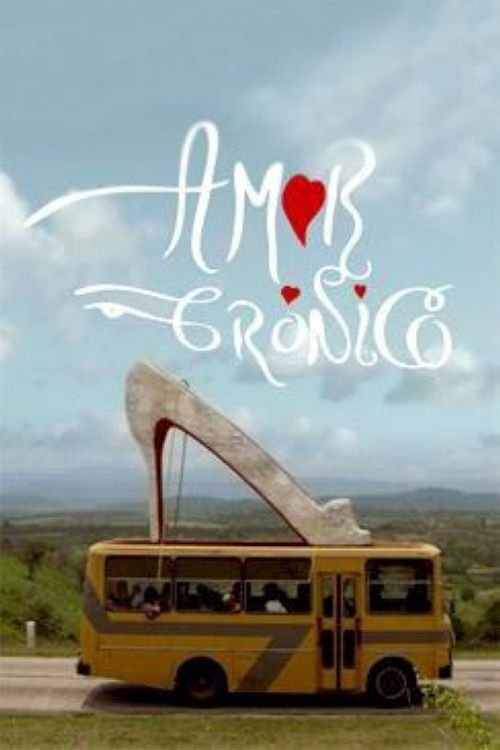

Enrique Molina Hernández, actor versátil y auténtico cuya carrera no comenzó en el mundo académico ni tampoco dentro de una familia de tradiciones artísticas, esencialmente autodidacta , sin ninguna duda, un maestro de la escena. De origen muy humilde, nació en Santiago de Cuba el 31 de octubre de 1943 y en esa, la más caribeña de las ciudades cubanas, se enrumbaría hacia la actuación, a principios de los años 60 del pasado siglo XX, desde la cantera del movimiento de aficionados. Se inició dentro de un grupo perteneciente al Sindicato de Trabajadores Gastronómicos, para ingresar después en aquel colectivo fundador que fue el Conjunto Dramático de Oriente. Con el tiempo se iría transformando en uno de los más versátiles y orgánicos actores deCuba. Por varias décadas de labor, ha transitado en los distintos medios: la televisión, elteatro y el cine cubano. Al crearse en su ciudad natal una emisora de televisión: Tele Rebelde, se integra en 1968 al medio que ha sido y es básico en su profesión. En las tablas, es inolvidable la ocasión en que dio vida de Lenin en la pieza El carrillón del Kremlim. Su apertura a la experiencia del séptimo arte, comenzó bajo las órdenes del realizador Manuel Pérez, a principios de los años 70 en la película El hombre de Maisinicú.

As Havana slowly revolves through the year, wistful detective Mario...

Amor Crónico follows Grammy-nominated, Cuban-born CuCu Diamantes as she embarks...